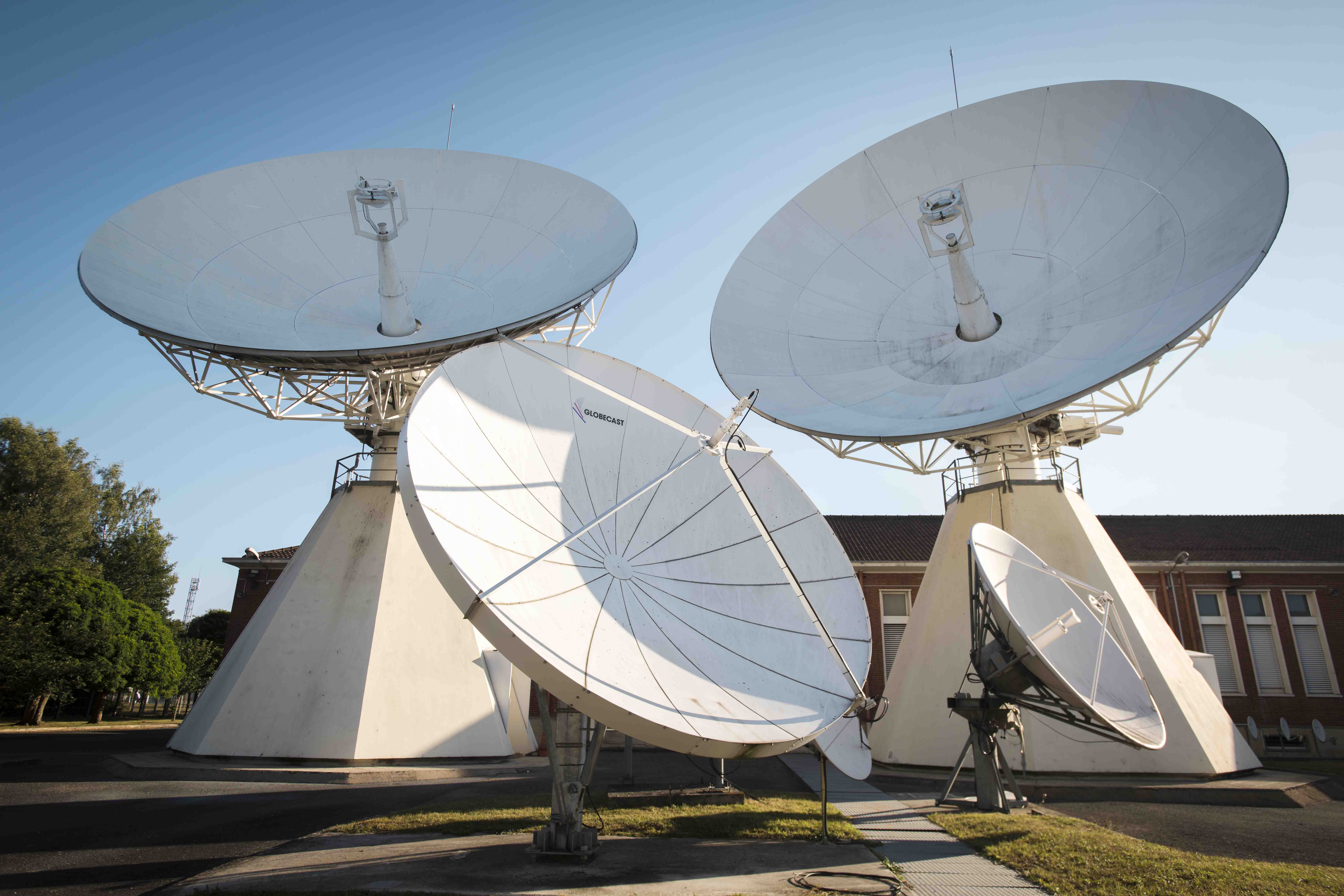CBA Offers Open Access 5G Net as Part of C-Band Auction Proposal

The smarter way to stay on top of broadcasting and cable industry. Sign up below
You are now subscribed
Your newsletter sign-up was successful
The C-Band Alliance is proposing giving up to 75% of the proceeds of a private spectrum auction to the Treasury, and helping create an open access 5G network for rural broadband.
The alliance is trying to convince policymakers that its proposal is the best way to free up C-Band (midband) satellite spectrum for terrestrial 5G while protecting incumbent cable and satellite operators and getting money to the treasury for rural broadband buildouts or whatever else the government wants to do with it.
CBA's Pitsch: FCC C-Band Auction Could Mean Legal Delays
That comes as the FCC is expected to vote on a C-Band proposal before the end of the year, which would mean it would likely be noticed later this week in the tentative agenda for the Dec. 11 meeting.
Legislators have been concerned that a private auction, rather than an FCC auction, would deny billions to the Treasury--some estimate an auction could reap up to $60 billion--while putting in in the hands of foreign satellite companies. CBA is looking to up the Treasury ante to help seal the deal.
The alliance, comprising those major satellite carriers who would have to give up spectrum, filed its latest plan with the FCC Monday (Nov. 18).
The plan would free up from 30% to 75% of the proceeds for the Treasury, calculated after netting all costs of clearing 300 MHz of spectrum (of 500 MHz in the band).
The smarter way to stay on top of broadcasting and cable industry. Sign up below
CBA also said it had been talking with members of Congress on a proposal to fund the deployment of an open access 5G network for rural broadband, with the operators kicking in a combination of spectrum and capital.
"No other proposal features the ability, experience and technical capacity to ensure a smooth and swift transition of the spectrum," it told the FCC, adding: "Spectrum cleared with speed and accountability is essential to enabling the era of 5G, which is expected to result in GDP growth and job creation in the United States."
Related: Padden Says Private C-Band Deal Would Hardly Be Unprecedented
Free State Foundation visiting fellow Gregory Vogt argues that the CBA proposal is the best route to a balanced result.
"The free market option, as now represented by the updated CBA proposal, promises to free up 300 MHz of spectrum, with a 20 MHz guard band, for terrestrial flexible use," he writes. "The CBA’s updated commitment to relinquish 300 MHz of spectrum, if all goes according to plan, would result in much needed certainty. Other proposals still suffer from a lot of unknown variables, including the amount of spectrum to be repurposed and whether existing licensees would opt to participate in the incentive auction."
Contributing editor John Eggerton has been an editor and/or writer on media regulation, legislation and policy for over four decades, including covering the FCC, FTC, Congress, the major media trade associations, and the federal courts. In addition to Multichannel News and Broadcasting + Cable, his work has appeared in Radio World, TV Technology, TV Fax, This Week in Consumer Electronics, Variety and the Encyclopedia Britannica.

